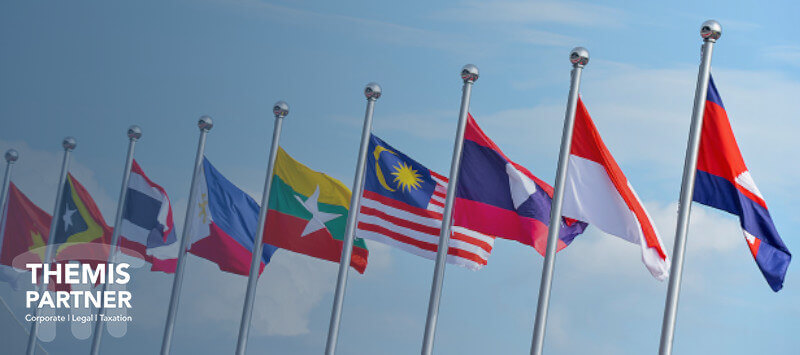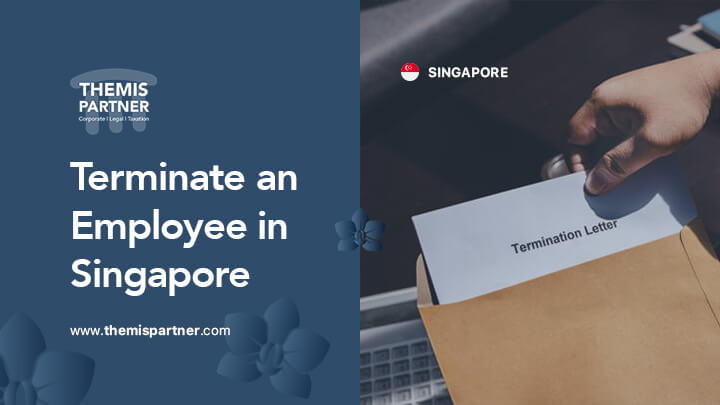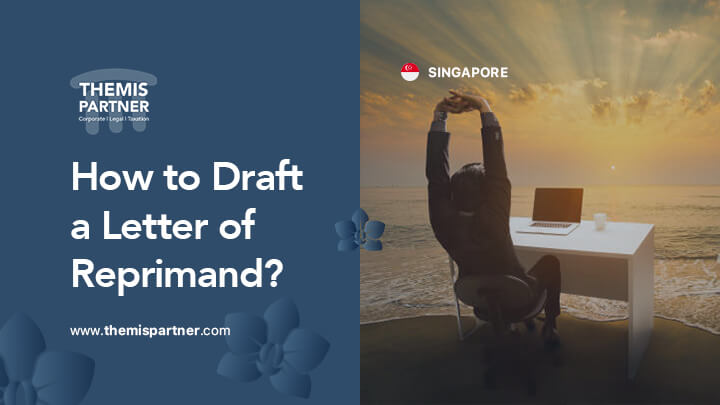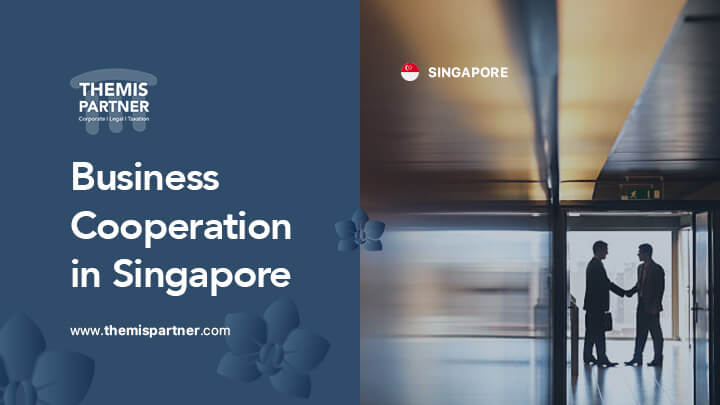ASEAN, the most integrated regional Free Trade Agreement
The Association of Southeast Asian Nations (ASEAN) has 10 member states. Founded by Indonesia, Malaysia, Singapore, Thailand and the Philippines in 1967, it was joined by Brunei (1984), Vietnam (1995), Laos and Burma (1997) and finally Cambodia (1999).
Thus, ASEAN, the world’s 5th largest economic bloc, is one of the world’s most integrated regional Free Trade Agreement in global value chains (notably electronics, textiles and automobiles).
Finally, ASEAN’s integration has already led to the elimination of almost all tariff lines between member states. The region also continues to engage in multilateral, regional and bilateral free trade agreements, as exemplified by the EU-Singapore and EU-Vietnam agreements.
ESFTA
ESFTA, which came into effect on January 1, 2003, eliminates tariffs on 99.8 percent of Singapore’s exports to EFTA members that are signatories to the regional Free Trade Agreement (Iceland, Liechtenstein, Norway and Switzerland).
The tariff preference is granted on the basis of the exporter’s declaration, no application is required. In addition, the ESFTA safeguards market access and provides a more predictable operating environment for service providers.
Finally, the free trade agreement only requires the importer, exporter or manufacturer to make a declaration on the originating status of the product. In order to obtain preferential tariff treatment in another Party, proof of origin in the form of a declaration of origin must be completed by an exporter of a Party for goods that qualify as originating in a Party and meet the other requirement.
TPSEP
The Trans-Pacific Strategic Economic Partnership Agreement (TPSEP), also known as the P4, is a free trade agreement signed in 2005 between four countries in the Pacific region (Singapore, Chile, N-Z, Brunei) covering various economic policy issues.
It is a comprehensive free trade agreement, covering trade in goods, rules of origin, trade remedies, sanitary and phytosanitary measures, technical barriers to trade, trade in services, intellectual property, government procurement and competition policy.
In addition, it provides for the reduction of all tariffs between member countries by 90% by January 1, 2006 and the reduction of all trade tariffs to zero.
AJCEP
The ASEAN-Japan Comprehensive Economic Partnership Agreement (AJCEP), which entered into force in December 2008, covers trade in goods, trade in services, investment and economic cooperation. The free trade agreement makes three major advances:
1. It eliminates tariffs on 84.5 percent of all tariff lines for exports from Singapore to Japan. In fact, goods originating in the AJCEP that are brought into Singapore from member countries and re-exported to those countries, without any processing in Singapore, are eligible for tariff concessions. Originating goods passing through the parties can also retain their originating status.
2. It allows third-party invoicing of goods: Customs authorities in importing countries can accept a certificate of origin when the sales invoice is issued by another country or company exporting the originating goods in various sectors, provided the goods meet the necessary requirements. This invoice can come from countries that are not parties to this free trade agreement.
3. It allows for regional cumulation: Raw materials originating from FTA parties can be taken into account when assessing the origin criteria of the final product manufactured in Singapore.
ASEAN and Japan have also launched several economic cooperation projects, including capacity building and technical assistance in areas of mutual interest. These include trade-related procedures, business environment, intellectual property rights, energy, information and communication technology, human resource development, small and medium enterprises, tourism and hospitality, transport and logistics, standards and compliance, among others.
GSFTA
Singapore and the Gulf States (Saudi Arabia, Oman, Kuwait, Bahrain, the United Arab Emirates and Qatar) signed a Free Trade Agreement (FTA) on 15 December 2008 for free trade in goods and services and to extend the scope of free trade in government procurement of member states on a reciprocal basis.
The agreement addresses aspects of trade in goods, rules of origin, customs procedures, trade in services and government procurement. The industries that benefit most from this regional FTA are petrochemicals, jewelry, machinery, iron and aluminum.
Thus, the member states of the agreement enjoy a series of privileges:
| ➤ Exemption from all customs duties for exports from the Gulf to Singapore |
| ➤ Duty-free access for 99% of Singapore's exports to the Gulf States |
| ➤ Preferential tariff treatment |
| ➤ Gulf States enjoy benefits in service sectors such as communication services, procurement and related engineering services, distribution services, education services, environmental services, financial services, health and related social services, tourism services, sports, cultural and recreational services |











